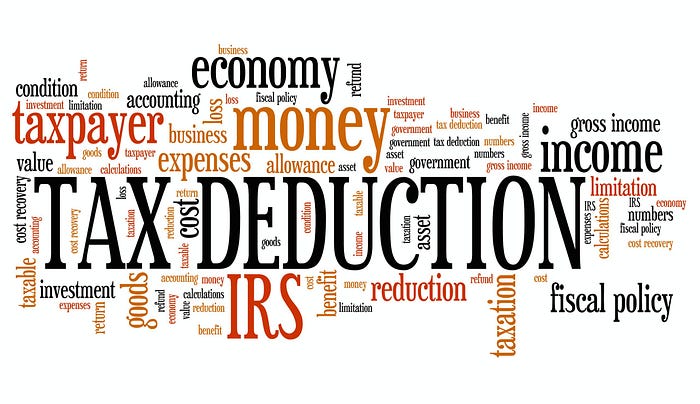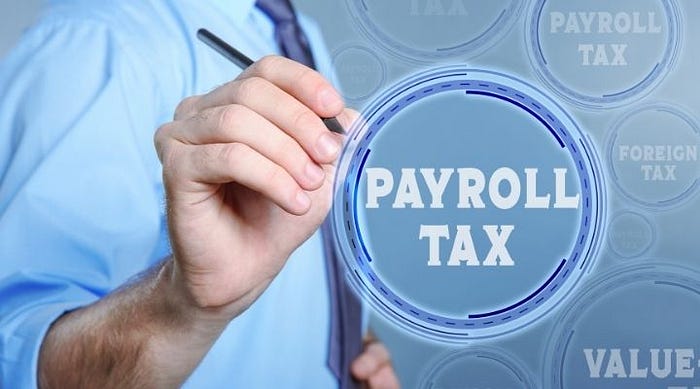Tax Fraud Defense & Wage Garnishment: A New Yorker’s Guide to Legal Protection
 Thorgood Law
Thorgood LawTax issues can escalate quickly, and the consequences may include fines, wage garnishment, or criminal charges. From audits to IRS collections, having the right legal defense is critical. A knowledgeable tax fraud attorney can help protect your assets and freedom, while a wage garnishment attorney can stop or reduce the amount the IRS takes from your paycheck.
This guide will explain how professionals such as irs wage garnishment attorneys and the best tax lawyers in New York can help you manage your tax challenges effectively.

Understanding the Role of a Tax Fraud Attorney
A tax fraud attorney defends individuals or businesses accused of intentionally underreporting income, overstating deductions, hiding assets, or completely failing to file returns. These actions can trigger serious investigations by the IRS, sometimes leading to criminal charges.
Unlike a CPA or enrolled agent, a tax fraud attorney is legally equipped to represent clients in federal court and negotiate settlements that can drastically reduce liabilities. If you’re being investigated, a tax fraud attorney can help you gather evidence, respond to subpoenas, and develop a legal strategy to protect your interests.
How a Wage Garnishment Attorney Can Help
When the IRS begins garnishing your wages, it means they’re taking part of your paycheck before it even reaches your bank account. This can create serious financial stress. A wage garnishment attorney steps in to negotiate a more manageable payment plan or stop the garnishment altogether.
They assess your financial situation and often help you qualify for relief programs like an Offer in Compromise or Currently Not Collectible status. If you’ve received a Notice of Intent to Levy, time is critical. You may have only 30 days to act, and an attorney can ensure you don’t miss that window.
Legal Strategies IRS Wage Garnishment Attorneys Use
Attorneys who specialize in IRS wage garnishment employ specific legal strategies to protect your income:
They file for Collection Due Process (CDP) hearings to delay or prevent levies.
They request partial payment installment agreements based on your budget.
These approaches aim to reduce immediate financial damage while providing a longer-term resolution plan.

Choosing the Best Tax Lawyers in New York
Finding the best tax lawyers in new york is essential for resolving serious IRS or state tax issues. You want legal professionals who have a proven track record in dealing with wage garnishments, audits, and tax fraud allegations.
The best attorneys will not only understand the complexities of federal tax law but will also be deeply familiar with New York tax regulations. They’ll know how to tailor your defense based on local legal standards and your unique financial profile.
Strong communication skills, availability, and transparency around legal fees are also important. A good attorney should keep you informed at every step, explain your options clearly, and represent you aggressively during negotiations or litigation.
Why You Should Consider a New York Tax Law Firm
Working with a new york tax law firm rather than a solo practitioner has its advantages. Tax law firms have more resources, staff, and experience handling diverse tax issues. They typically have multiple attorneys, paralegals, and administrative professionals who collaborate to create comprehensive defense strategies.
More importantly, these firms often have insider knowledge of how the IRS and New York State Department of Taxation conduct audits, investigations, and collections. This gives them an edge when negotiating tax settlements, defending clients in tax court, or resolving wage garnishments.
When to Call a Tax Fraud Attorney
If you’ve received letters from the IRS regarding discrepancies, unpaid taxes, or threats of a levy, it’s time to consult a tax fraud attorney. The earlier you involve legal help, the more room you’ll have to negotiate favorable terms or even prevent criminal charges altogether.
Delaying legal action can result in frozen bank accounts, seized property, or garnished wages. By hiring an attorney early, you give yourself the best chance to fix the issue before it escalates into a crisis.
Conclusion
Whether you’re dealing with aggressive IRS collection efforts, wage garnishment, or accusations of tax fraud, the right legal support can change everything. A qualified tax fraud attorney or wage garnishment attorney can guide you through each step of the legal process, from building a strong defense to negotiating payment terms.
Choosing from the best tax lawyers in New York or hiring a reputable New York tax law firm gives you the advantage of local expertise, federal law knowledge, and personalized legal strategies. Don’t wait for your tax problems to spiral — seek expert legal help today.

FAQs
Q1: What does a tax fraud attorney do differently from a CPA?
A tax fraud attorney provides legal defense and can represent you in court, while a CPA focuses on financial and tax preparation without legal privileges.
Q2: How soon should I contact a wage garnishment attorney?
Immediately after receiving notice from the IRS. Quick legal action can often prevent or reverse garnishment.
Q3: Are all IRS wage garnishments final?
No. Many garnishments can be reduced or lifted with the right legal action.
Q4: What makes someone one of the best tax lawyers in New York?
Years of experience, specialization in tax law, successful outcomes, and a client-focused approach.
Q5: Can a New York tax law firm handle both state and federal issues?
Yes. They are equipped to deal with the full scope of tax problems across multiple jurisdictions.
Subscribe to my newsletter
Read articles from Thorgood Law directly inside your inbox. Subscribe to the newsletter, and don't miss out.
Written by

Thorgood Law
Thorgood Law
At Thorgood Law Firm in New York, we are IRS attorneys dedicated to bringing legal counsel to taxpayers across the United States. Our attorneys represent individuals and businesses across the country on matters relating to their taxes and on disputes they have with the IRS or New York State taxing authorities.